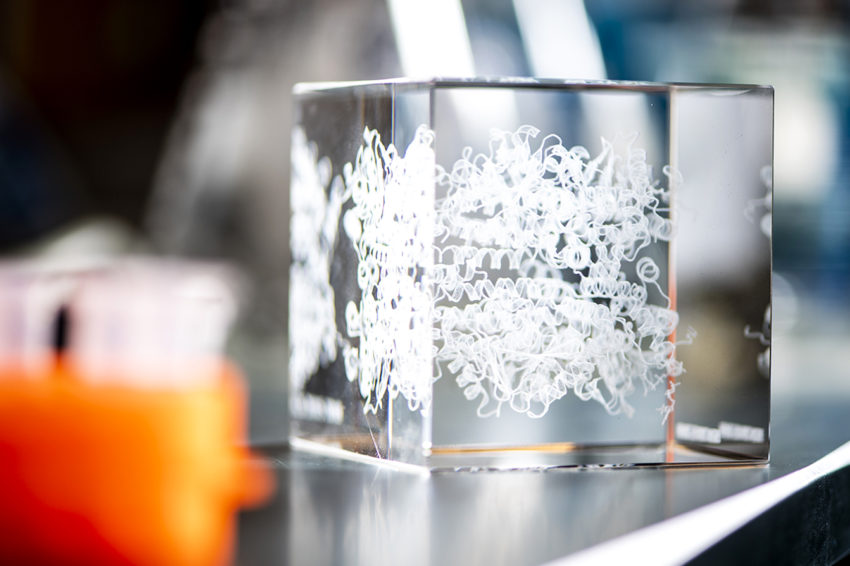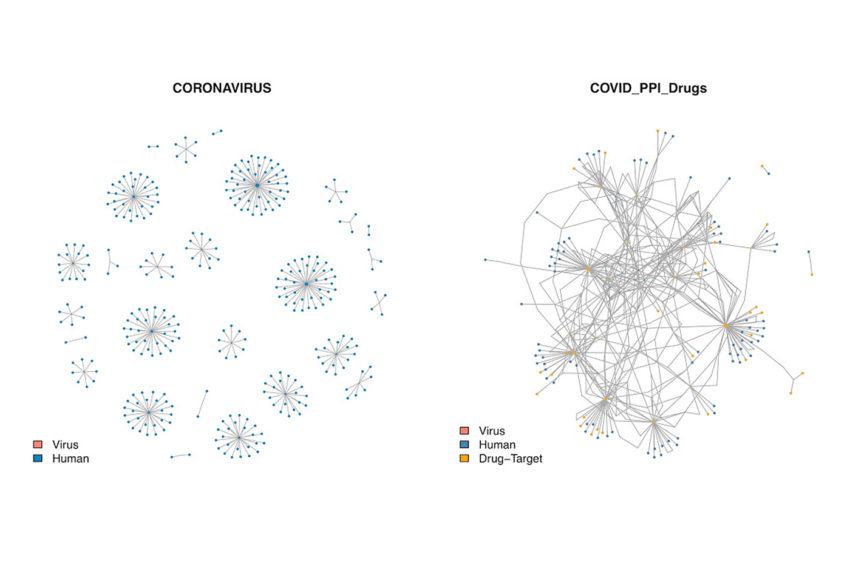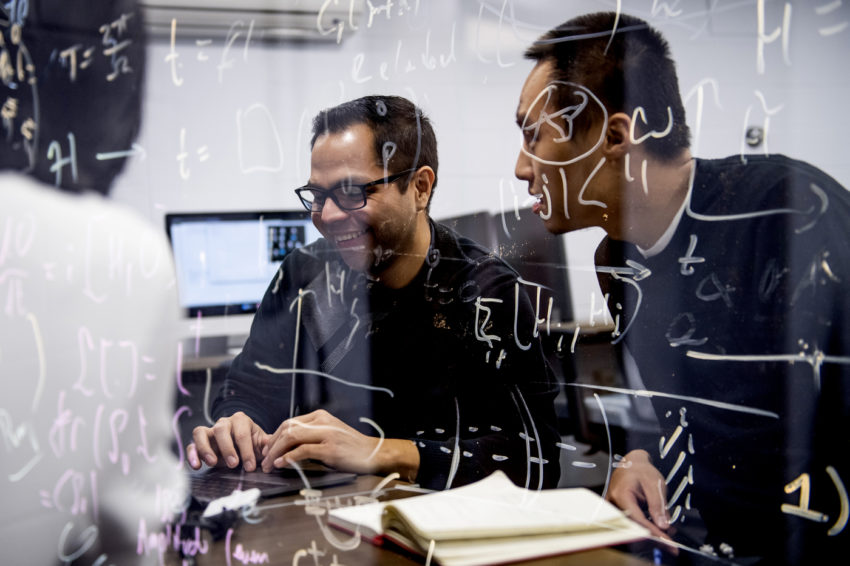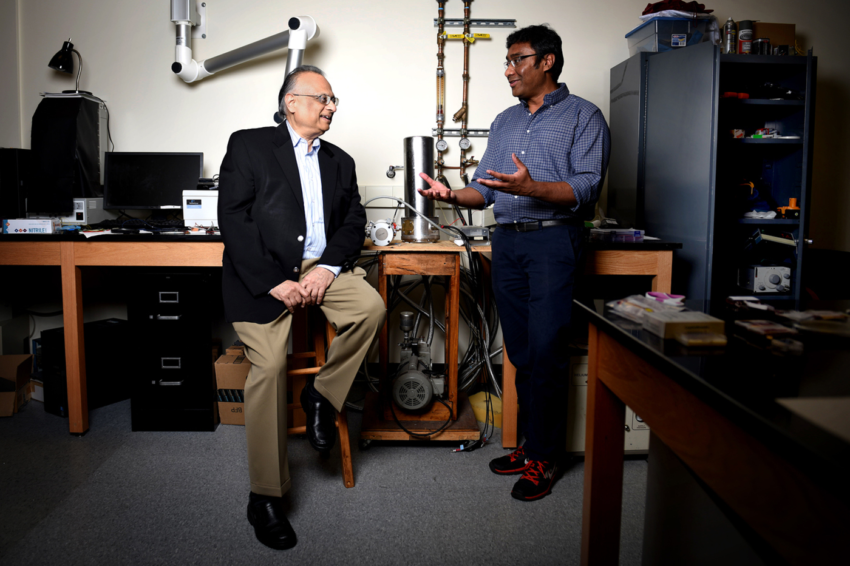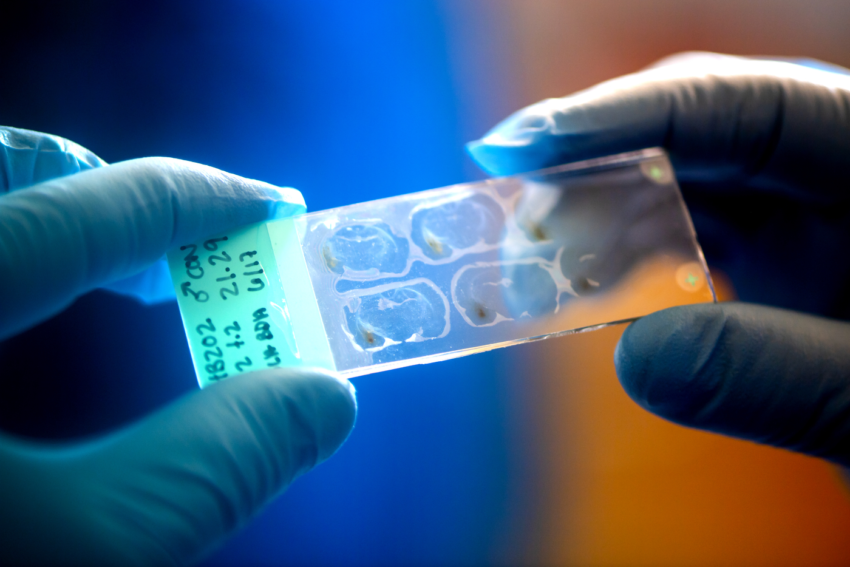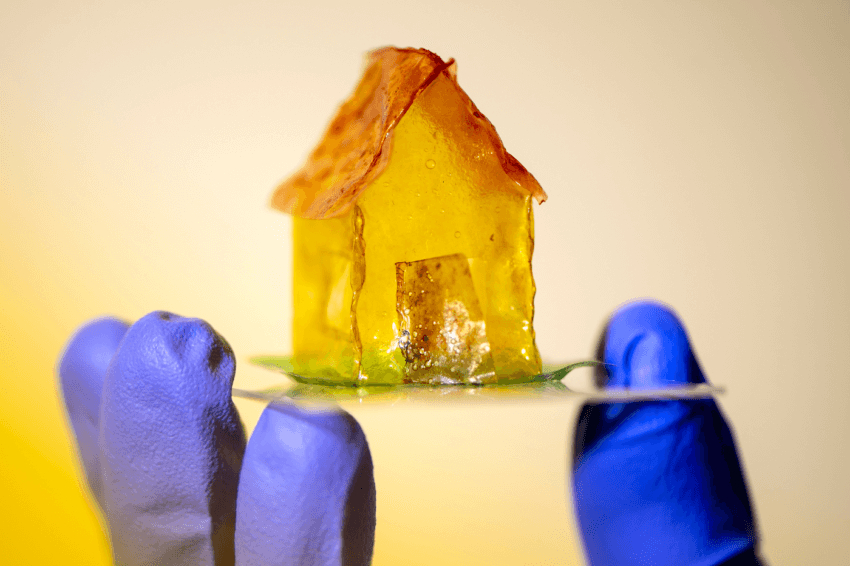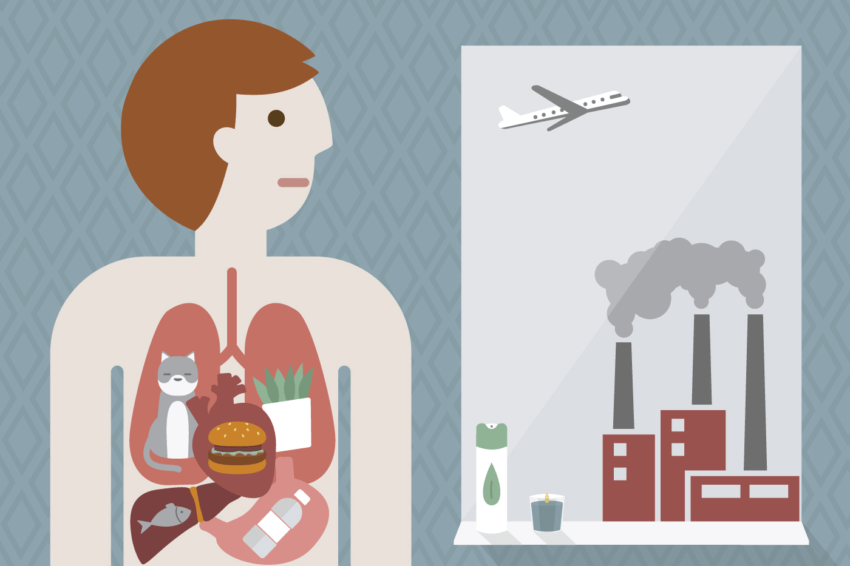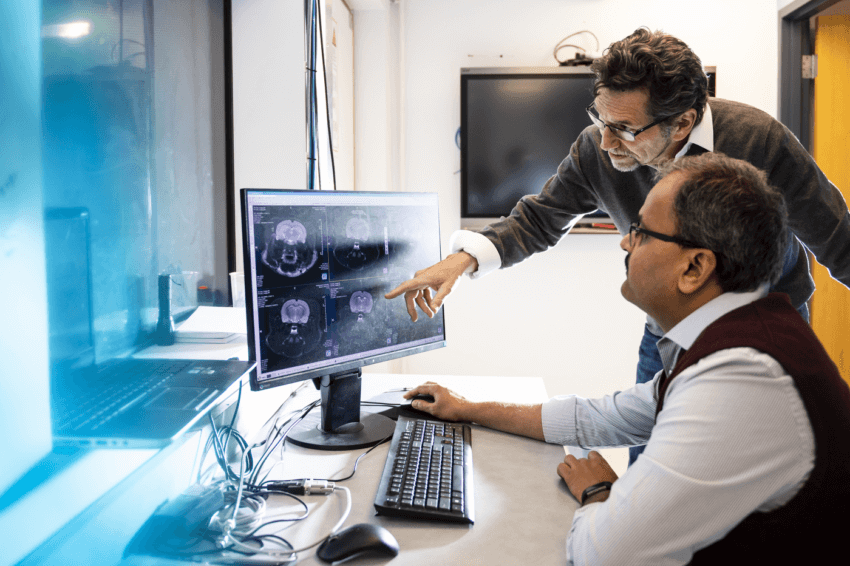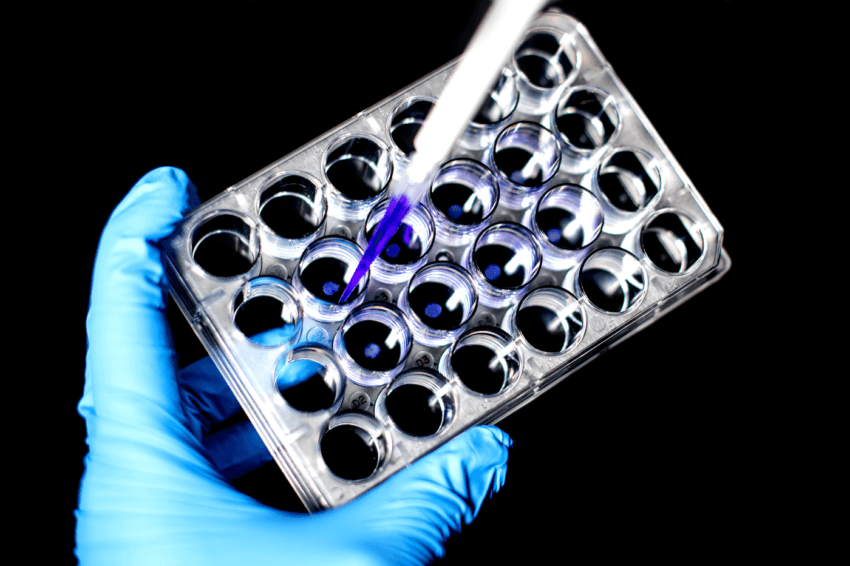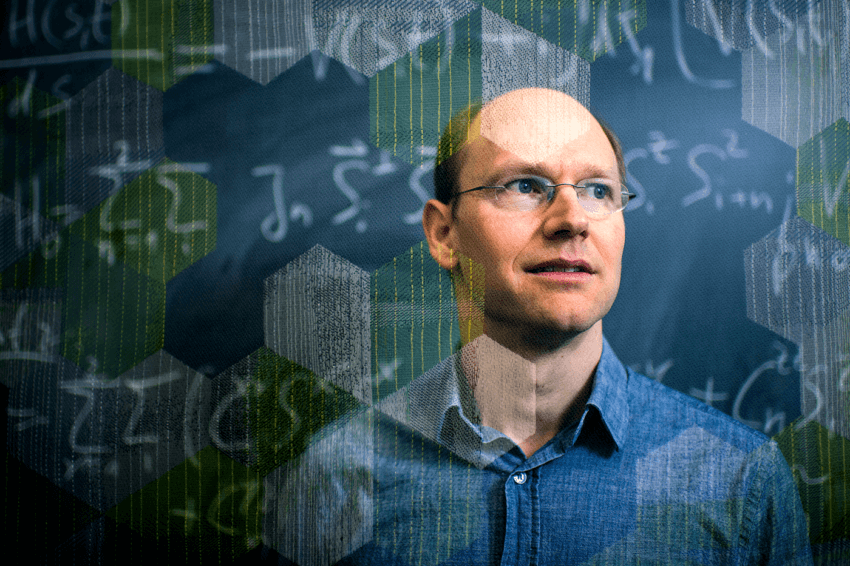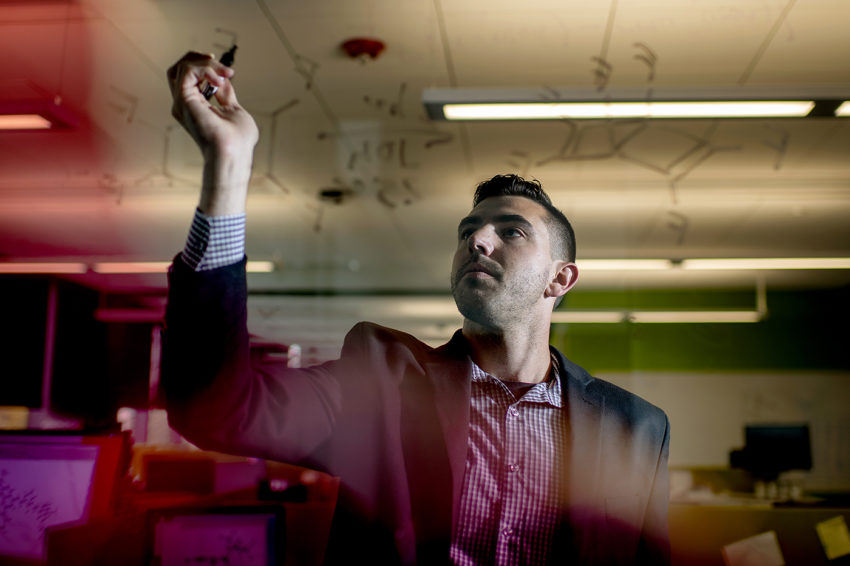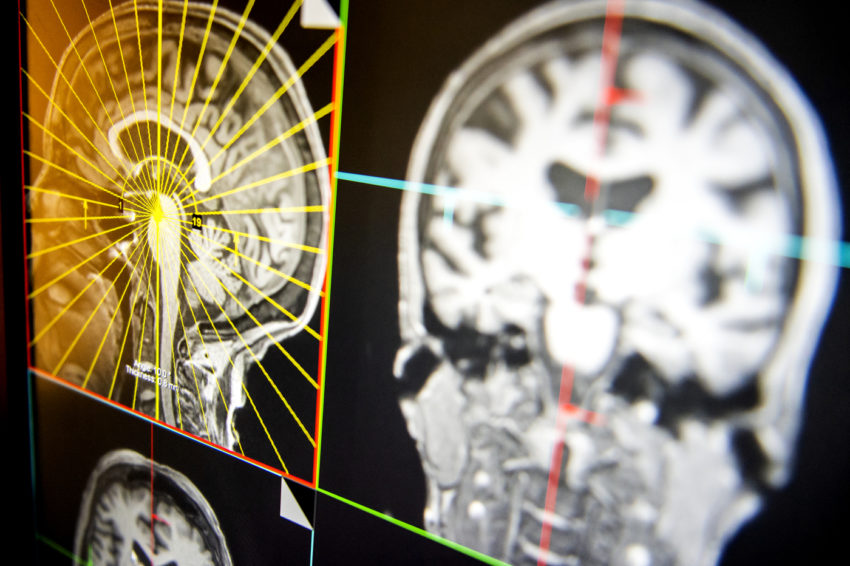News
The Coronavirus Might Have Weak Spots. Machine Learning Could Help Find Them.
What makes SARS-CoV-2 so infectious? The answer is in its proteins. Mary Jo Ondrechen and Penny Beuning, professors of chemistry and chemical biology, are using machine learning to investigate these proteins and begin to understand how to slow the spread of the virus.
May 18, 2020
Network Science Program, Physics
Network Scientists Identify 40 New Drugs to Test Against Covid-19
Researchers at Northeastern mapped the way proteins within human cells behave after the cells are hijacked by the virus to identify drugs that might be able to fight it. The team is now working with other experimental researchers to begin testing those drugs.
April 06, 2020
Scientists Are Baffled by This Magnet. Shooting It With Lasers Might Help.
Faster electronics, better communication devices, more efficient ways to store data are just some of the outcomes that the researchers can think of - if magnetite’s puzzle of hidden powers could be figured out. Eventually, it lead to new ways to manipulate materials and improving electronics by harnessing the behavior of their electrons.
March 26, 2020
Physicists May Have Accidentally Discovered a New State of Matter. The Possibilities Are Endless.
“Imagination is the limit,” says Swastik Kar, an associate professor of physics. “It could change the way we can detect and communicate signals. It could change the way we can sense things and the storage of information, and possibilities that we may not have even thought of yet.”
February 27, 2020
Childhood Trauma Changes Your Brain. But It Doesn’t Have to Be Permanent.
Neuroscientists at Northeastern are using rats to understand how trauma in infancy makes children, but especially girls, more likely to develop anxiety and other similar disorders later in life.
February 25, 2020
Could Houses of the Future Be Made by Bacteria?
Imagine if we could grow a building the way coral polyps grow a reef, or if living cells in our clothes could break down sweat and body odor. It’s not science fiction, says associate professor Neel Joshi. It’s the future of scientific research.
February 10, 2020
Network Science Program, Physics
It’s Not Just Your Genes That Are Killing You. Everything Else Is, Too.
Environmental factors drive the majority of our risk for non-communicable diseases, says Albert-László Barabási, Robert Gray Dodge Professor of Network Science at Northeastern. We need to be studying them.
January 27, 2020
A Rat Had Basically No Brain. But It Could Still See, Hear, Smell, and Feel.
Many scientists agree that, although the brain can grow and develop, specific parts are meant only for specific functions, says Northeastern professor Craig Ferris. What if there were an animal that proved them wrong? I smell a rat.
January 24, 2020
We Know Exercise Is Good for Your Skin. This Protein Mimics Those Effects in Mice.
Skin cells lose their ability to heal themselves with age. Northeastern biologist Justin Crane is testing how a new treatment to heal wounds in older mice can help researchers understand the mechanisms of healing human skin cells.
January 24, 2020
He’s on a Quest to Find the Patterns That Built ‘Everything Around Us’
Gregory Fiete, a professor of physics at Northeastern, is exploring the electrons of materials that could catalyze a new technological era based on quantum systems.
January 24, 2020
Biotechnology, Chemistry and Chemical Biology
Cannabis Products Are Everywhere. But What Do They Actually Do?
Researchers at Northeastern and Loyalist College in Ontario, Canada, are teaming up to train graduate students in the analytical techniques required to investigate cannabis, and help them understand the regulatory landscape in both Canada and the U.S.
January 13, 2020
He’s Training Computers to Find New Molecules With the Machine Learning Algorithms Used by Facebook and Google
Using the same techniques that help social media learn about you, Northeastern assistant professor Steven Lopez is training machine learning algorithms to find millions of new molecules to help make materials for cancer therapy, renewable energy, and other important technologies.
January 13, 2020
What Do the Brains of Children Tell Us about Their Mental Health as Teens?
Anxiety and depression in teens can go undetected for too long, says Northeastern psychology professor Susan Whitfield-Gabrieli. Her team is using brain imaging during childhood to spot early symptoms of mental illness.
January 13, 2020
Superconductor or Not? They’re Exploring the Identity Crisis of This Weird Quantum Material.
Northeastern researchers are probing a class of copper-based materials that can be turned into superconductors. Their findings offer tantalizing clues for a decades-old mystery, and a step forward for quantum computing.
January 06, 2020
